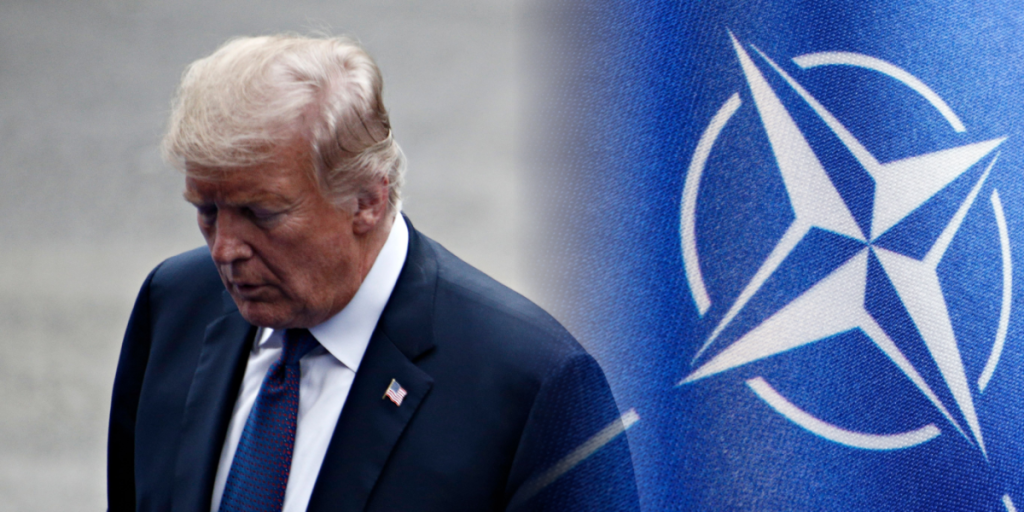He suggested that the media put the pressure on Spain.
Others are reading now
He suggested that the media put the pressure on Spain.
What is happening?
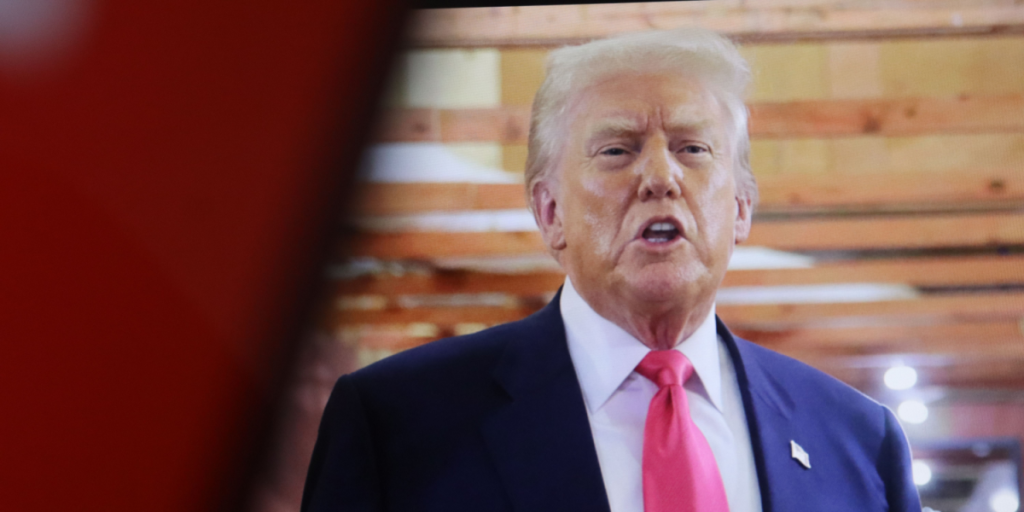
In a closely watched meeting at the White House, US President Donald Trump welcomed Finnish President Alexander Stubb on Thursday.
The two leaders addressed several pressing global issues, including the ongoing ceasefire talks in Gaza and the state of collective defence among NATO allies.
Trump pivots to NATO during press remarks
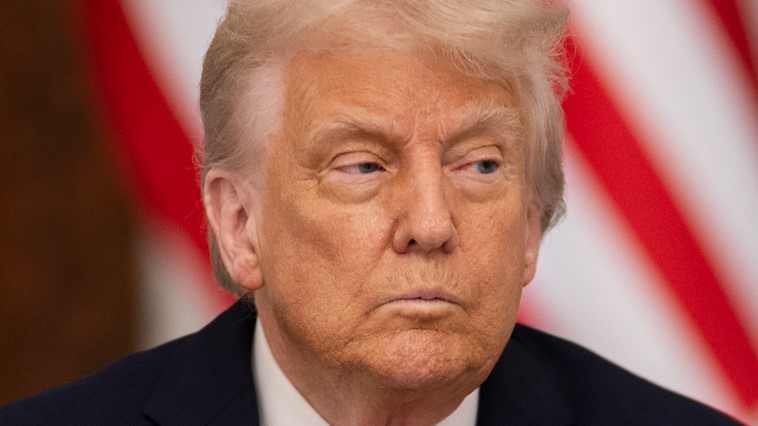
While outlining the success of US-European relations, Trump turned his attention to NATO—a topic he’s long used to push allies toward higher military spending.
During the briefing, he praised the alliance’s recent shift toward a more aggressive funding goal but didn’t hold back when calling out resistance within the bloc.
Also read
A new defence benchmark: 5% of GDP

Trump noted that the traditional NATO guideline of 2% of GDP for defence spending was no longer sufficient.
Under his urging, the alliance has considered adopting a far more ambitious target: 5% of GDP.
“I requested that they pay 5%, not 2%,” Trump said. “Most people thought that was not going to happen, but it happened virtually unanimously.”
Spain stands apart in NATO spending talks
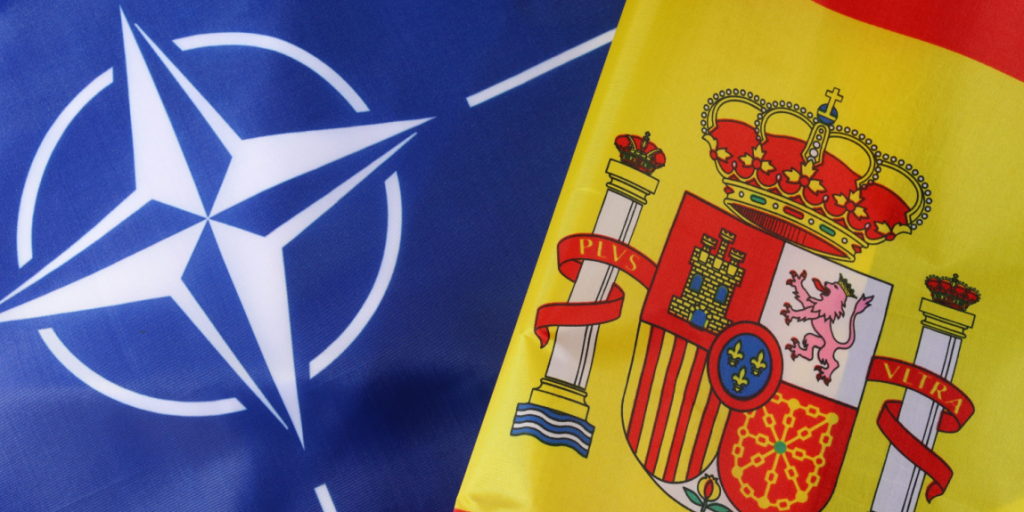
Despite near-universal agreement, Trump pointed to one exception: Spain.
We had one laggard, it was Spain,” he told reporters, twice repeating the country’s name for emphasis.
Also read
Trump urges media to press Spain for answers

In a moment that blurred diplomacy with public shaming, Trump encouraged journalists to press the Spanish government directly.
“You have to call them and find why they are a laggard,” he said. The tone signalled frustration, not just with Spain’s position, but with its unwillingness to justify it publicly.
“They have no excuse”

Trump continued his criticism, suggesting that Spain’s economic health left no reason to avoid higher spending.
“They’re doing well too, probably because of a lot of the things we’ve done,” he added. “They have no excuse not to do this, but that’s alright.”
From criticism to consequences: “Throw them out”
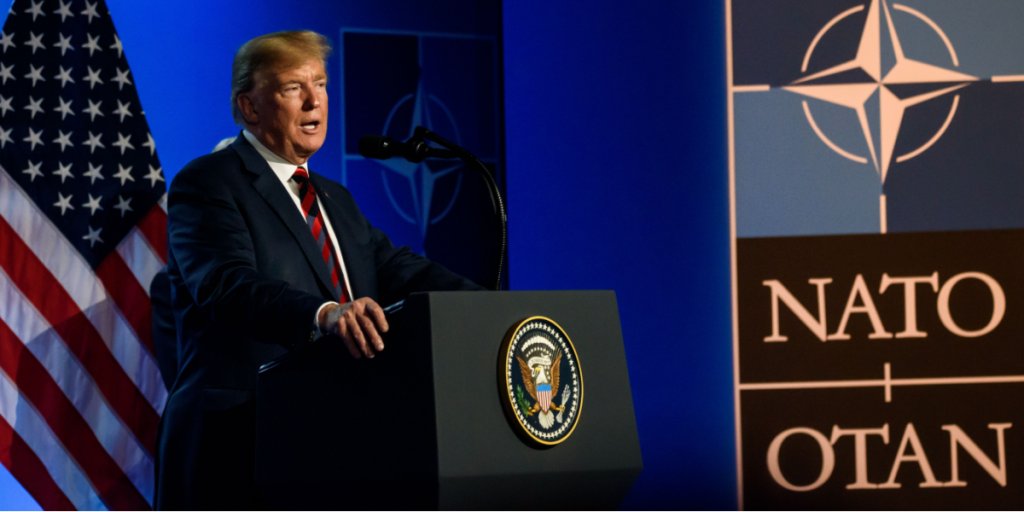
Escalating his rhetoric, Trump floated a drastic response to Spain’s noncompliance: “Maybe you should throw them out of NATO, frankly.”
Also read
While likely hyperbolic, the remark underlined his belief that membership should come with stricter obligations and consequences.
Spain rejects the plan as “counterproductive”
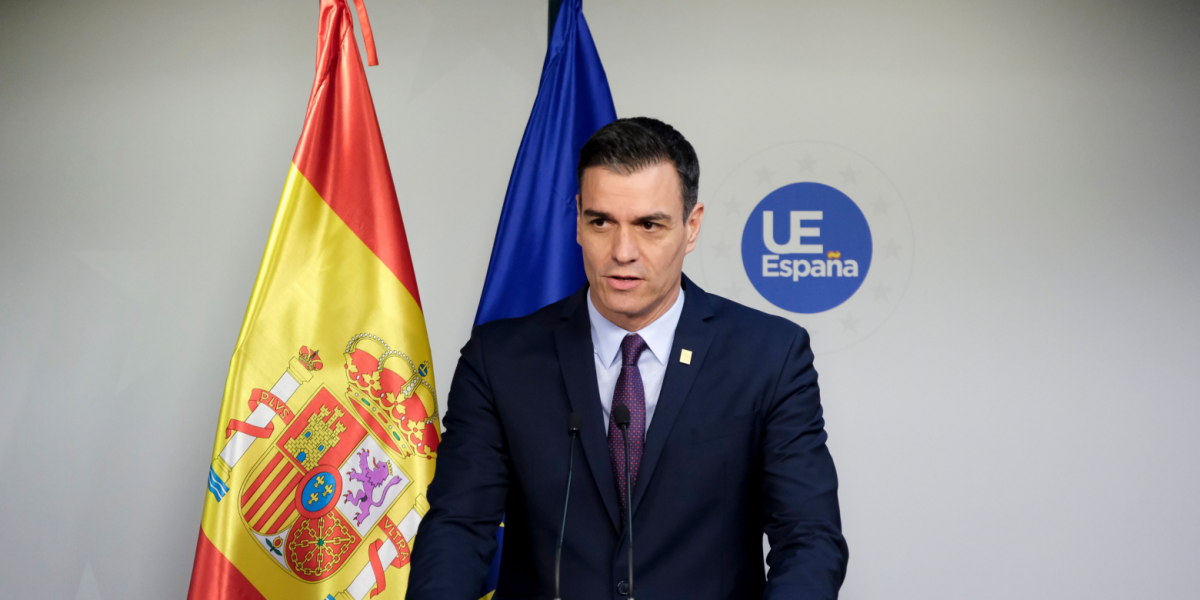
The Spanish government has already taken a firm stance.
Earlier this year, Prime Minister Pedro Sánchez dismissed the 5% proposal, saying it would “not only be unreasonable but also counterproductive.”
He warned that the increase would draw resources away from Spain’s own defence priorities.
Sánchez: Spending hike would hinder EU efforts
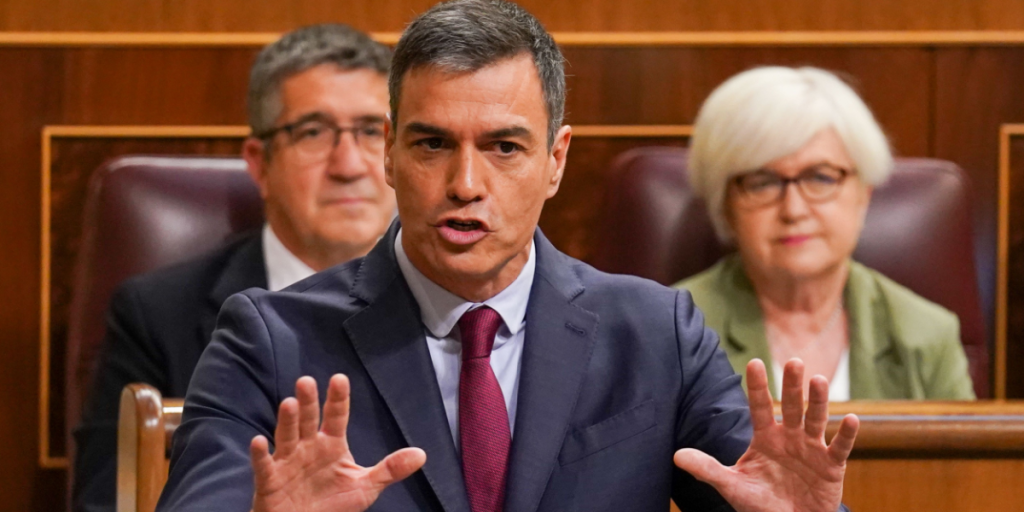
Sánchez further argued that a 5% defence spending target would be out of step with Europe’s broader defence goals.
Also read
He said it would “hinder the EU’s ongoing efforts to strengthen its security and defence ecosystem,” suggesting that blindly following NATO’s directive could damage coordination within the EU.
NATO’s plan was shaped by US pressure
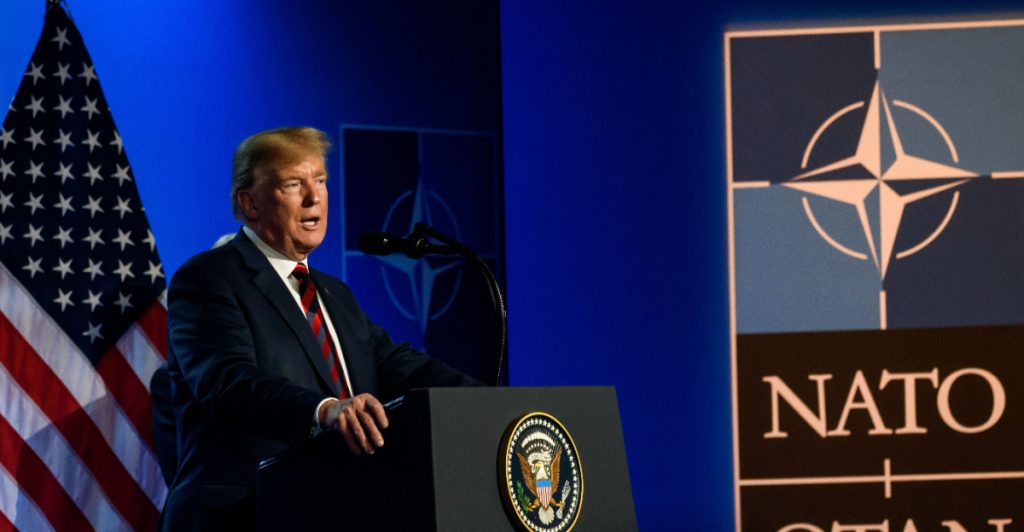
The 5% proposal was put forward by NATO Secretary General Mark Rutte, partly in response to Trump’s ongoing pressure.
It suggests members spend 3.5% of GDP on direct defence and commit another 1.5% to broader security, including cyber and intelligence efforts.
Spain asserts its sovereignty in defence matters
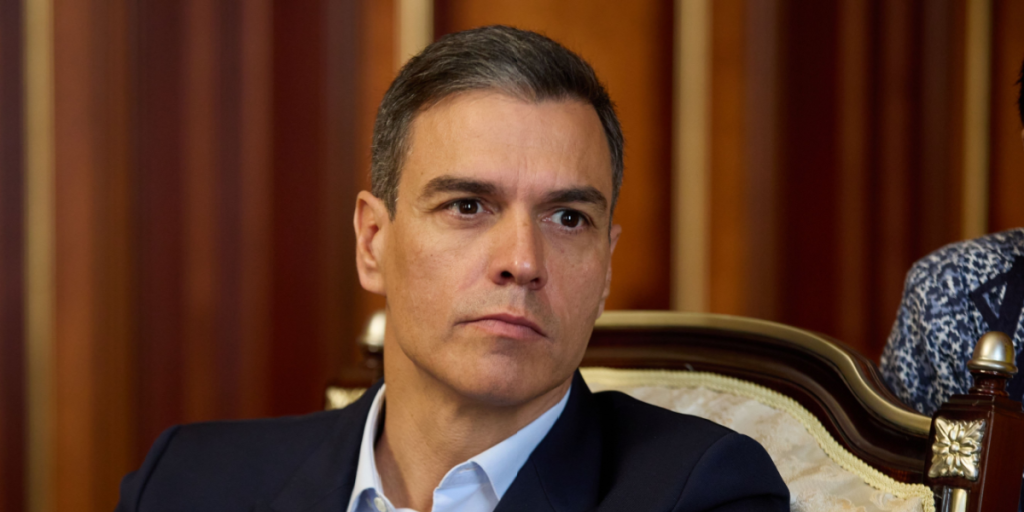
Sánchez defended Spain’s right to set its own course.
“It is the legitimate right of every government to decide whether or not they are willing to make those sacrifices,” he said.
Also read
“As a sovereign ally, we choose not to.” His message: loyalty to NATO doesn’t mean relinquishing national control.
NATO unity tested as spending divides resurface
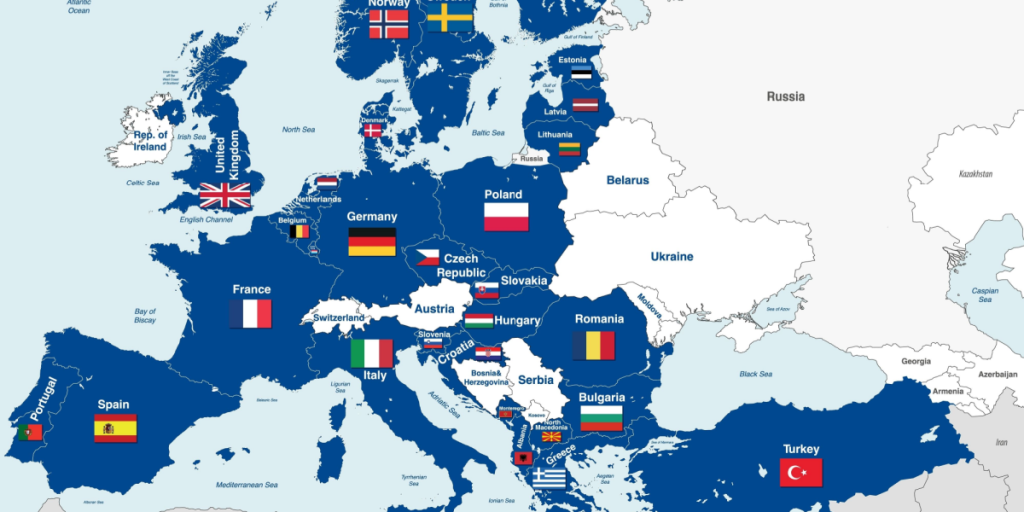
The disagreement over defence spending has reopened old wounds within the alliance.
While most members are moving toward the new benchmark,
Spain’s resistance highlights the ongoing tension between national autonomy and collective responsibility—a balance NATO continues to struggle with.

